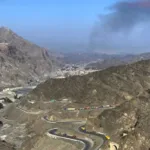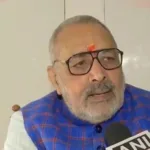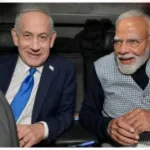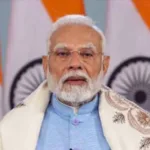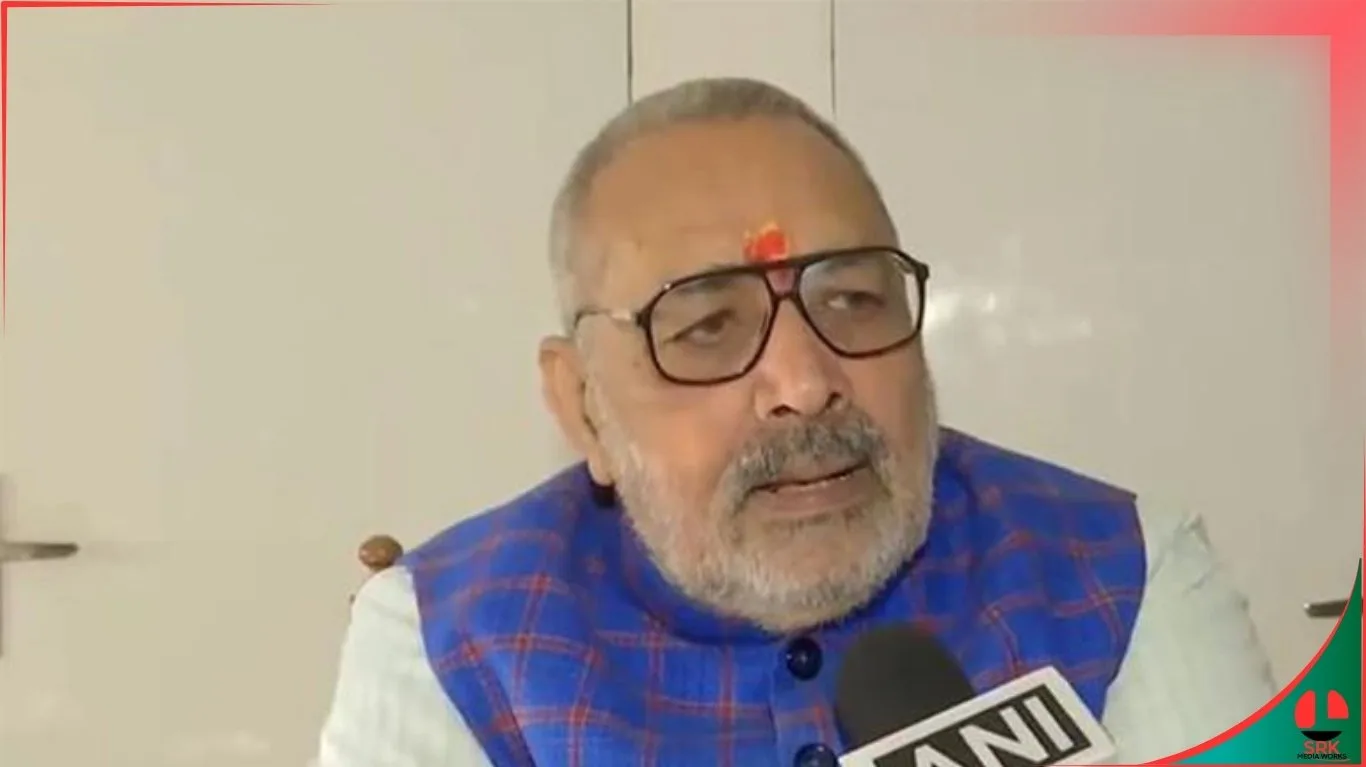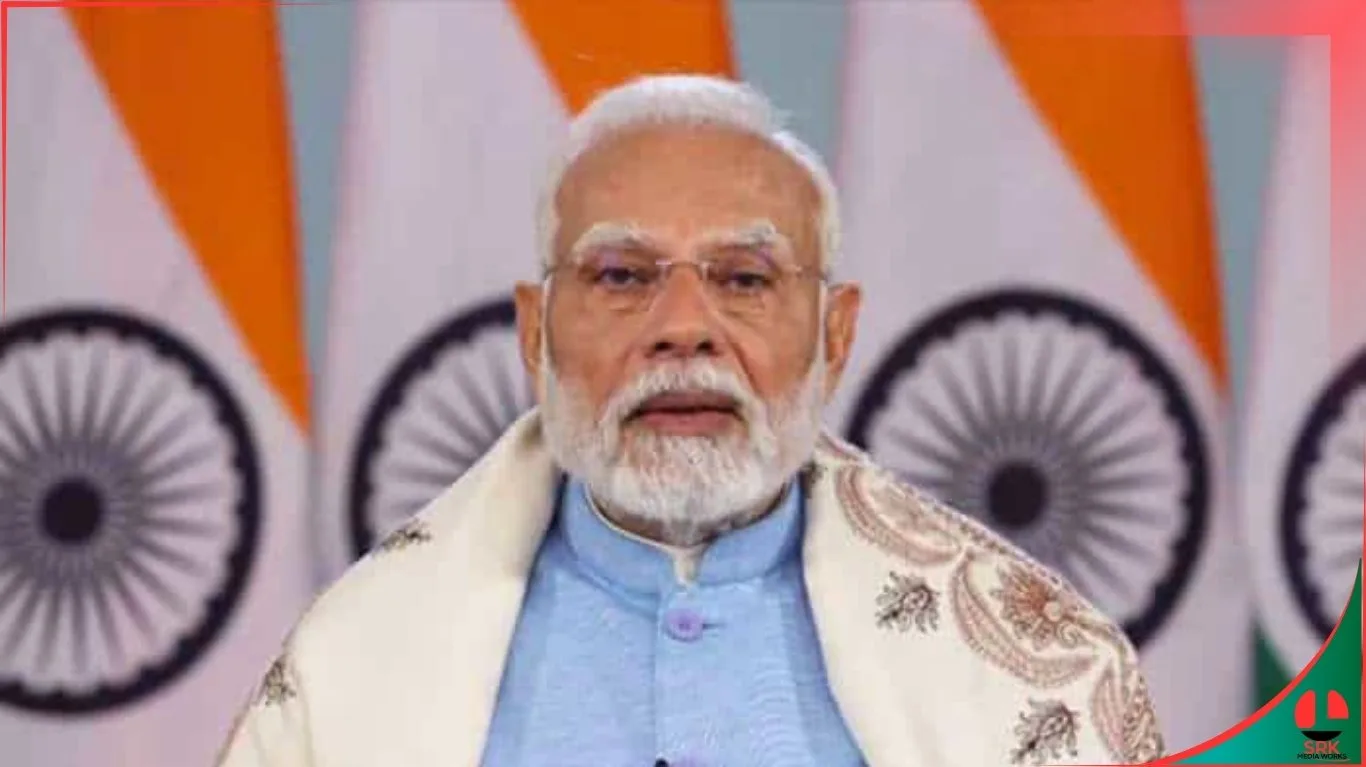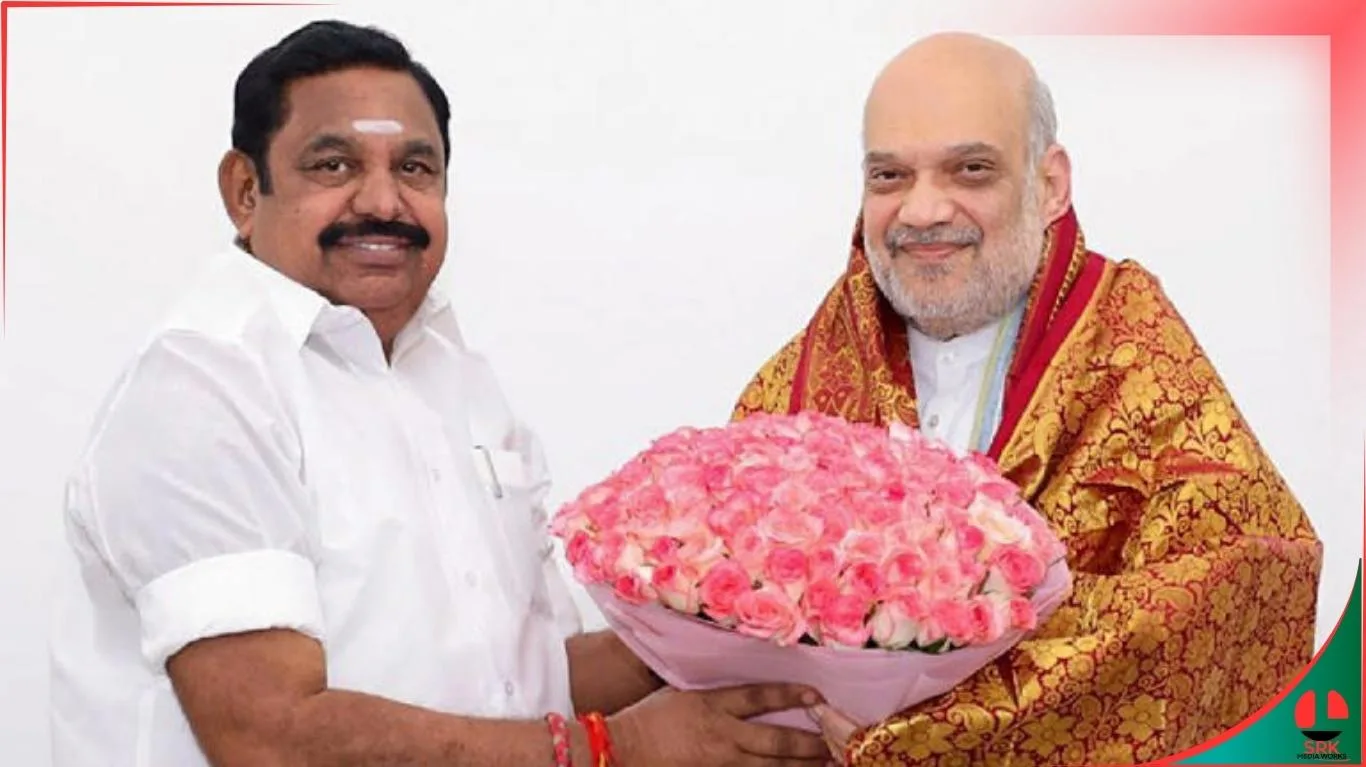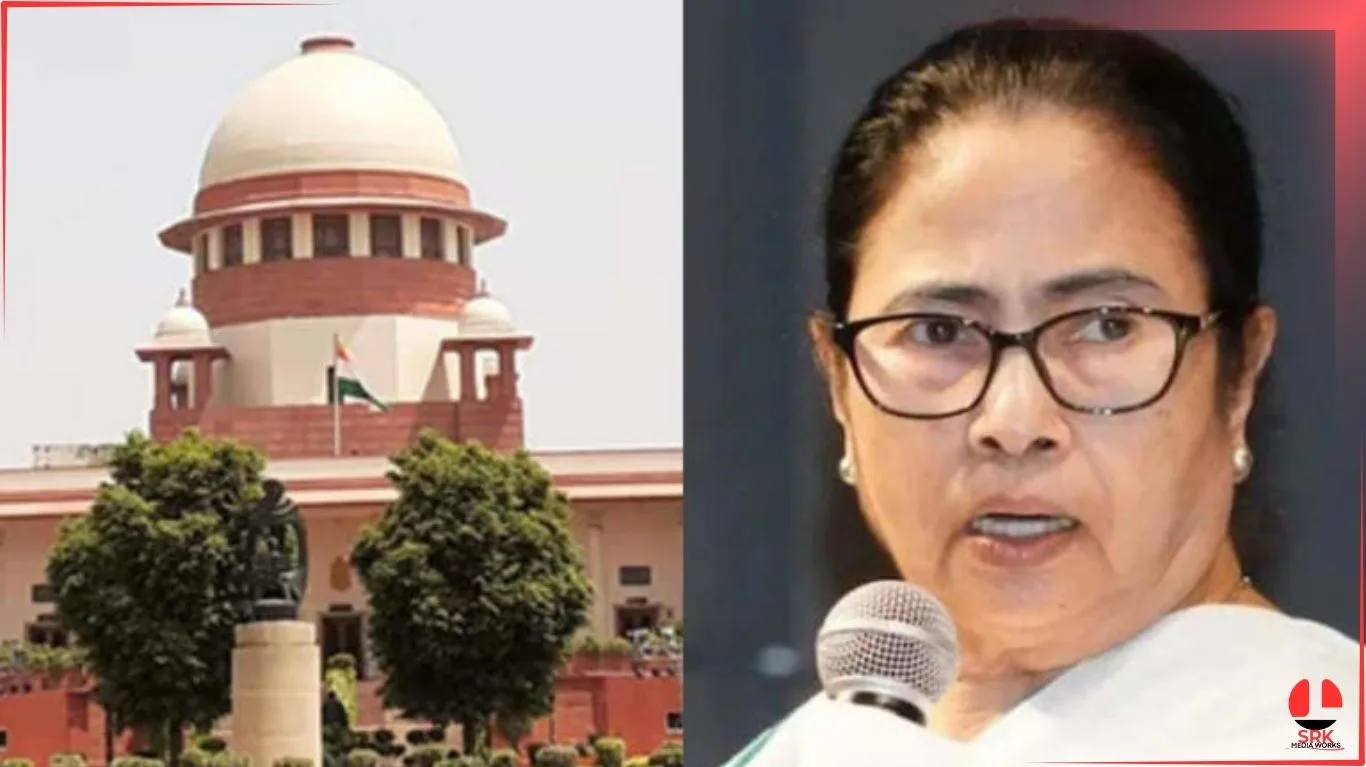In a significant move escalating digital restrictions, the Indian government has re-imposed a blanket block on all Pakistani X (formerly Twitter) accounts accessible within India. This decision comes alongside the continuation of the ban on Pakistani YouTube channels, reflecting rising bilateral tensions over cross-border terrorism and recent infiltration incidents in Jammu and Kashmir.
What Happened?
The Ministry of Electronics and Information Technology (MeitY) issued directives under Section 69A of the IT Act, instructing all internet service providers and platforms to block Pakistani government, media, and individual accounts from being viewed in India. The re-blocking follows a temporary unblocking by X’s compliance team last month, citing global content policies, which led to strong objections from Indian security agencies.
Key Highlights of The Digital Ban
- Scope of The Ban:
- All official Pakistani government handles, including the Foreign Office, ISPR, Prime Minister’s Office, and verified ministers’ accounts.
- Prominent media outlets such as Geo News, ARY News, Dawn, and The Nation.
- Top Pakistani journalists, analysts, and celebrities with large Indian follower bases.
- Pakistan-based YouTube channels and news streamers remain blocked under existing orders issued since 2022.
- Reasons Cited By India:
The Ministry of Home Affairs cited concerns over:- Propagation of anti-India propaganda post recent terror attacks in Poonch and Rajouri.
- Radicalisation content and fake narratives targeting Indian Muslims and Kashmiris.
- Attempts to influence Indian public opinion amid ongoing counter-terror operations.
- Government Statement:
A senior official said: “No Pakistani social media handle will be allowed to operate in India if it threatens national security, spreads lies against our armed forces, or supports terrorism. Platforms must comply with Indian law.”
Timeline of Digital Blocking Actions
| Date | Action | Trigger Event |
|---|---|---|
| Aug 2019 | Temporary block on Pak govt X handles | Article 370 abrogation protests |
| Feb 2021 | Ban on Pak YouTube news channels | Pulwama anniversary tensions |
| Sep 2022 | Permanent block on 22 Pak YouTube news outlets | Cross-border firing escalation |
| June 2025 | Unblocking of X handles by platform compliance | Routine global policy update |
| July 2025 | India re-blocks all Pak accounts | Poonch terror attack, infiltration attempts |
Industry and Expert Reactions
- Lt Gen DS Hooda (Retd), Defence Analyst:
“Pakistan uses social media as an information warfare tool. Blocking them prevents narrative manipulation during sensitive counter-terror operations.” - Pranesh Prakash, Digital Policy Expert:
“While national security concerns are paramount, blanket bans risk limiting public access to regional news and counter perspectives.”
Impact on Social Media Users
- Indian Audience:
Millions of Indian users who followed Pakistani journalists, cricketers, or entertainment pages will now see “Account Withheld In India” messages on their feeds. - Pakistani Creators:
Loss of Indian viewer base, affecting YouTube monetisation revenues and social engagement. - Platforms:
X and YouTube are under pressure to comply swiftly to avoid penalties under India’s IT Rules 2021, which mandate removal within hours for national security orders.
Political Reactions
- BJP Leaders:
Backed the move, calling it necessary to counter Pakistan’s “information warfare machinery.” - Opposition Parties:
Some criticised blanket censorship, urging targeted takedowns instead of sweeping bans affecting academic, cultural, and cricket-related engagement.
Pakistan’s Response
Pakistan’s Foreign Office condemned the re-blocking as a violation of freedom of expression, stating:
“India’s digital apartheid reflects its fear of truth. This suppression of Pakistani voices will not change the ground realities of Kashmir.”
Ongoing YouTube Ban Status
The ban on Pakistani news and infotainment YouTube channels remains in force. Over 180 such channels have been permanently blocked since 2022. Among the major blocked channels:
| Channel Name | Subscribers (millions) | Content Focus |
|---|---|---|
| Geo News | 7.5 | News, political shows |
| ARY News | 6.2 | News, talk shows |
| Hum News | 2.1 | News, documentaries |
| GNN | 1.8 | News, infotainment |
| Dunya News | 3.4 | News, sports |
| PTV Sports | 5.9 | Cricket, sports news |
Future Implications For Indo-Pak Relations
Experts warn that the digital blockade indicates worsening diplomatic ties:
- Cross-Border Security:
Rising infiltration attempts and targeted attacks in Kashmir have heightened India’s security posture. - Public Diplomacy Channels:
Closure of even informal digital communication avenues reduces opportunities for cultural and sports diplomacy. - Tech Platform Pressures:
Platforms like X and YouTube face a compliance dilemma between free speech and national security orders in large markets like India.
Recent Border Tensions
The decision follows:
- Poonch Terror Attack: Killing of four Indian soldiers last week by Pakistan-backed infiltrators.
- Rajouri Encounter: Elimination of three Lashkar terrorists attempting cross-border infiltration.
- ISI Information Warfare: Intelligence inputs suggesting coordinated online campaigns to incite communal tensions during Amarnath Yatra.
Social Media Reactions
Hashtags such as #PakHandlesBlocked, #NationFirst, and #DigitalStrike trended on X India, with public opinion largely favouring the government’s move for security reasons. However, a section called for limited bans instead of absolute restrictions affecting cricket and cultural engagement.
Conclusion
India’s re-blocking of all Pakistani X accounts and continuation of the YouTube ban reflect its hardening security approach amid escalating border tensions and infiltration attempts. While these decisions reinforce national security objectives, balancing them with nuanced digital diplomacy will remain a strategic and policy challenge as bilateral relations continue to deteriorate in the absence of formal dialogue.
Disclaimer: This news report is based on government orders, defence inputs, and digital policy analyses. It does not constitute national security or foreign policy advice.


